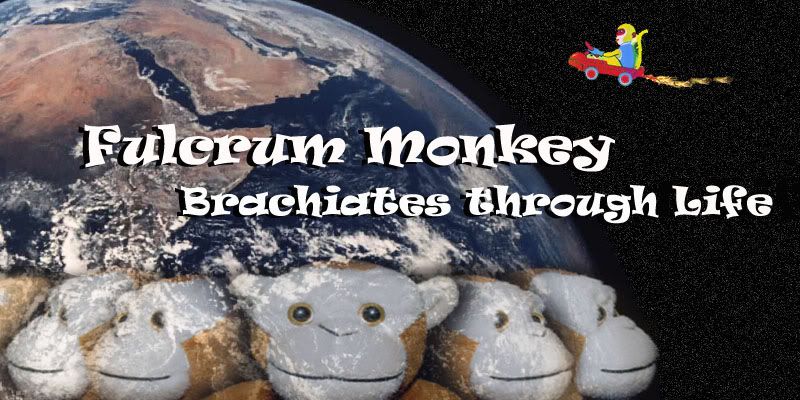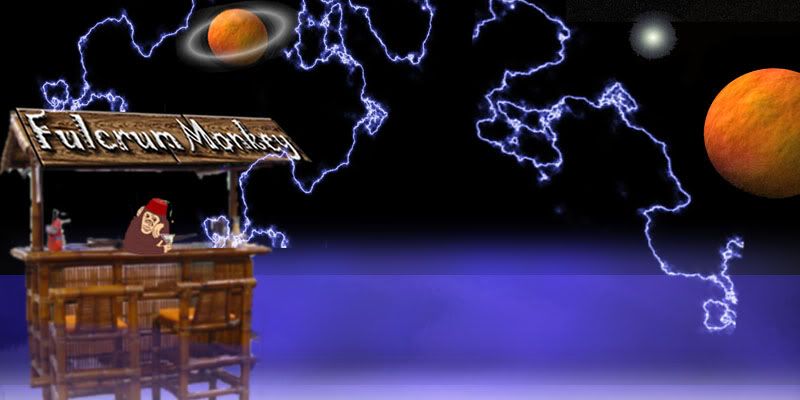Transfigur-ranting...
I have a lot going on right now, but at this exact moment I am too wiped out to make progress on my to-do list, so I think I’ll blog a little. I’ve noticed that some of you have been blogging more and I want to hold up my end of the sphere (implicit spatial problems of the end of a sphere intentional).
My curt post the other day about my cultish upbringing was a reaction to a strained conversation with my parents in which they outlined my duties as a Christian man – which I am by upbringing, but not by belief. In other words I can’t deny being culturally Lutheran as the result of my childhood, even if I philosophically think it’s mostly crap. I can still appreciate the reasoning while denying most of the premises from which the Jenga
This type of syncretism is common in Christianity as numerous Christians have been known to fight in wars and do other ridiculous things that are completely antithetical to the teachings of any quasi-historical Christ. Turning the other cheek obviously involves no gun powder, smart bombs, or other implements of destruction. Christ’s only real Old Testament “eye for an eye” reciprocity was the assurance that those who live by the sword will die by it. Stick that in your right wing warmongering and smoke it, you “just war” fallacy touting fatheads.
So, Lutherans are good with the guilt, better in some instances than Catholics, and I was mightily given the guilt for not knowing that it was Transfiguration Sunday. My father bemoaned that fact that Transfiguration is lost in the bustle from Christmas to Easter. He blames bad Latin grammar on the part of many clergy for reasons that I can’t fully articulate at the moment, other than to note that the Latin labels for the church year have an implicit “sixth Sunday after Pentecost” relational thing going for them. The Catholics solved the proximity problem of Transfiguration being lost in the shuffle by moving the celebration of Transfiguration to August. Luther was a bit of a throw back to those early church councils and so in his calendar he put it back to where it was “originally” and somewhat arbitrarily placed.
The celebration marks a trip up a mountain with James, John and Peter during which Elijah and Moses show up and Jesus sports a halo. God the Father makes an appearance in the form of an articulate weather event, saying either as or within a cloud, “This is my son, with whom I am well pleased” and the triune nature of the divinity is thus linked with preceding prophecy: all in all a good day on
Instead of celebrating transfigurations past I was myself being transfixed by the transfiguring beauty of the orchid show at the botanical gardens. Transposing the transience of the bloom onto traditional transfiguration territory was entrancing and I must admit that it was show with which I was well pleased.
Baruch Spinoza argued that if there was a god that preceded the world then the only substance of which to make the world would necessarily be that same divinity. So the idea of going somewhere else, like a church or a mountaintop, to get in touch with divine essence is as preposterous as trying to find hope for life after in death in a death that preceded your life. However, if you accept the premise of a flawed creation marred by a fall from grace in a not very original sin, the substitutionary sacrifice of a perfect life has a certain kind of symmetry, if not logic to it. As I am one, I prefer meditations on the transitory bloom.
That’s the thing about Jenga, it’s fun to set up, but it makes a mess when it falls.




0 Comments:
Post a Comment
<< Home